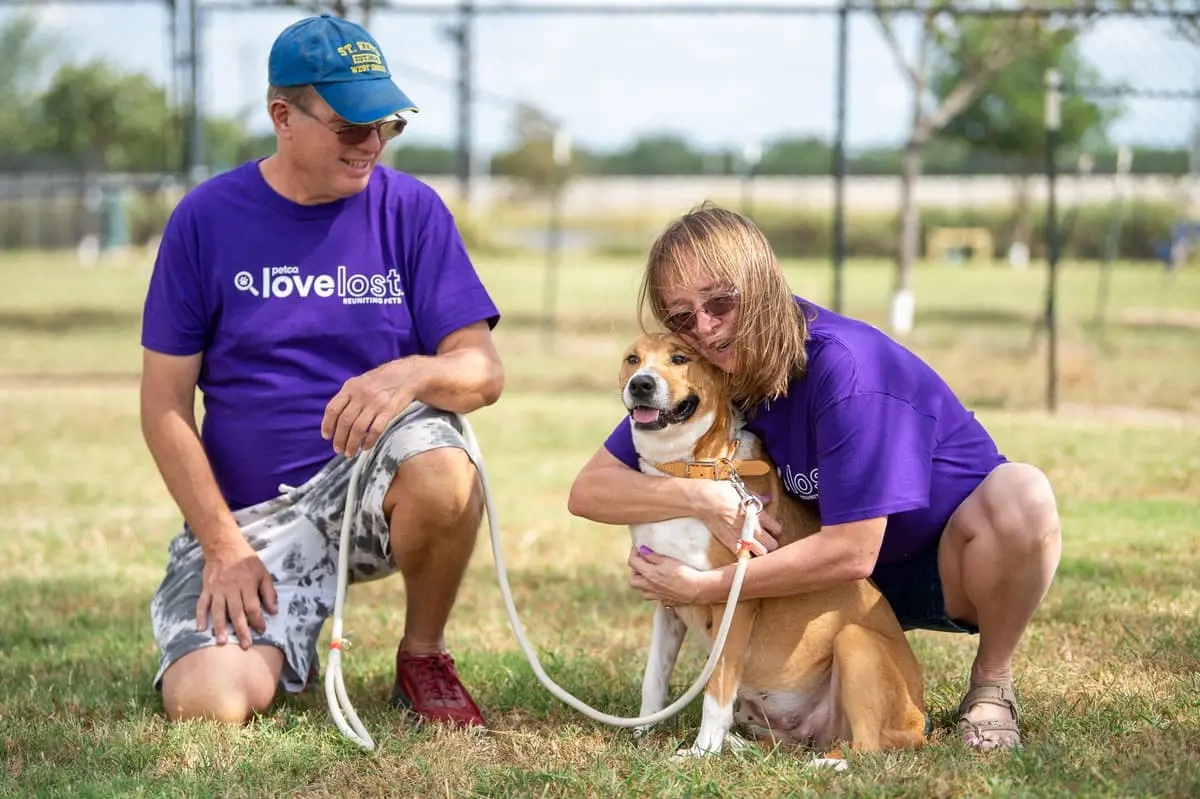News, ideas & inspiration from industry leaders

Rethinking RTO: 3 Ideas to Stop Judging and Start Strategizing
In the latest episode of The Intake podcast, experts discuss a need for a paradigm shift surrounding lost pets
While it’s true that intake numbers are still below pre-pandemic 2019, animal shelters are over capacity. And with the data telling us that interest in adoptions is waning, we’re in a situation we can’t adopt our way out of.
There is a potential solution…
With stats showing that strays comprise 60% of intakes, a focus on RTO is a smart area to focus efforts for increasing live outcomes.
But why aren’t more organizations prioritizing returning pets to their owners?
The Association’s Katherine Shenar sits down with Abbie Moore and Kristen Hassen of Petco Love Lost to unpack stigmas surrounding lost pets, and share strategies for reuniting lost pets with their families. Bottom line: It’s time to stop judging owners who’ve lost their pets, amp up in-house resources and try cool new tools for dramatically increasing outcomes, like Petco Love’s nifty new workbook. Check out the following highlights from the convo and listen to the full interview for additional inspo:
“We have no business judging people who’ve lost their pets”
Considering that one in three pets will go missing in their lifetime, odds are it’s happened to many of you reading this. And since there are so many opportunities for pets to go missing, we should all be comfortable with this happening. “It needs to be normalized in a way we can talk about prevention,” says Petco Love Lost’s Abbie Moore. But instead, it’s stigmatized, showing up as bias—both conscious and unconscious—against folks who are looking for or coming in to reclaim their pets.
Additionally, notes Kristen Hassen, “People are scared when their pets get impounded, and are scared of engaging with the shelter system.”
”It needs to be much, much easier for people to get their pets back”
A giant step forward would be to do away with reclaim fees completely. You may also consider a first step in which you allow staff the ability to waive RTO fees if it’s a barrier for the pet owner, or perhaps waive fees for the first 72 hours the animal is being held. “Consider that employees are being paid to care for that animal while they’re in the shelter,” says Katherine Shenar. “It’s financially advantageous to send the animal home.”
“Shelters need more resources for reunification”
Traditionally, not a lot of staff time is spent on RTO—and in fact, only 1 in 100 shelters has even one staff member dedicated to this area. How might you reallocate your team’s time and resources? (Listen to the podcast to hear a case study of a shelter that piloted a successful lost-and-found pets program.)
It’s also smart to get your org hooked up with Petco Love Lost. “The nature of lost-and-found necessitates one single database that’s being used to make maximum reunions,” says Moore. “If you lost your pet and post it somewhere, and I then I find your pet and post it somewhere else, we’re not going to make the connection.”
And if you haven’t already, download the Lost Pet Workbook and share it with staff. Amongst the 22 pages you’ll find role-playing scenarios, exercises for understanding your RTO rate, and smart ways for working together with community members who show up at your doors with found pets.
Photo: Petco Love



Having your dogs microchipped is important. ID tags on collars aren’t the best option as collars can fall off.
One thing to consider is this, and when this occurs, and it does, not everyone who finds a dog takes that dog to a veterinarian to check for a microchip.
Many may choose to keep these canines without checking to locate their dog parents, getting them back to their own home where they belong.
Dogs can get loose despite our best efforts to keep them safe.
If you find a dog, I strongly suggest taking that dog to a vet to be scanned for a microchip.